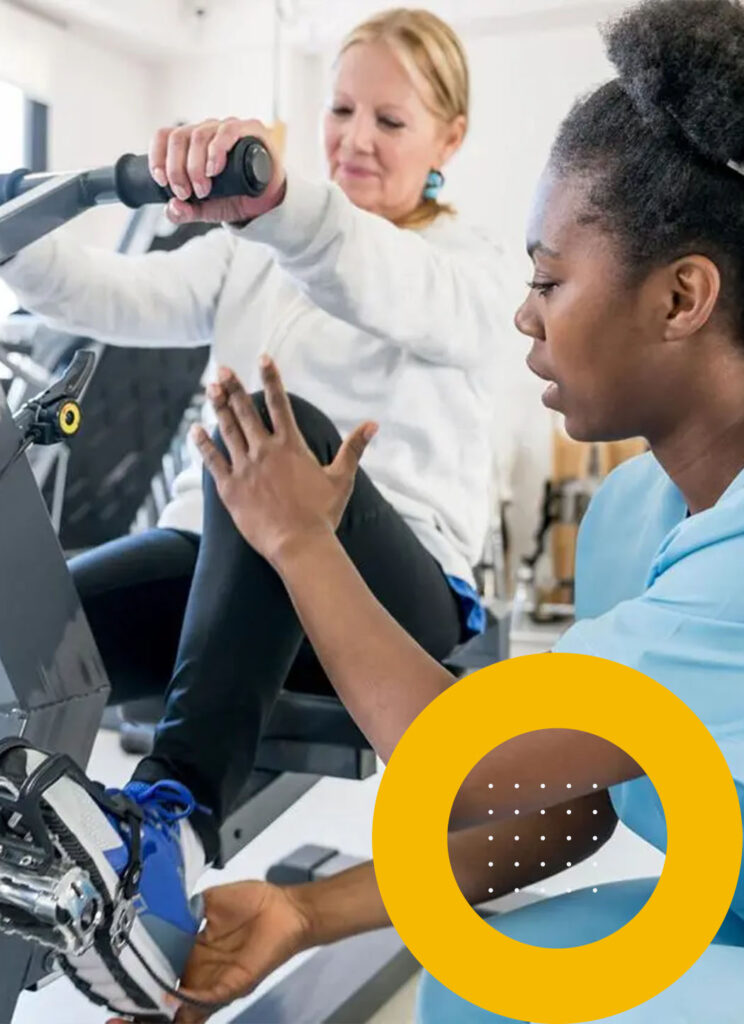
We recruit Adhoc nurses who play critical role in healthcare systems, particularly for care homes and the NHS (National Health Service). These nurses are hired on a temporary, as-needed basis to fill staffing gaps or provide specialized services during periods of high demand, such as during peak seasons, emergencies, or staff shortages.
Adhoc nurses are expected to perform a wide range of duties based on their qualifications and the needs of the facility, such as:
General Nursing Care: Administering medication, monitoring vital signs, providing wound care, and helping with daily living activities.
Specialized Care: Those with experience in fields such as geriatric care, mental health, pediatrics, or critical care may be assigned to more specialized roles.
Documentation and Reporting: Keeping accurate records of patient care, updating charts, and communicating with permanent staff to ensure continuity of care.


Registered Nurses (RNs): Most Adhoc nurses are registered nurses with the appropriate certifications and licenses to work in various healthcare settings.
Specialized Training: Nurses with specialized training in areas such as palliative care, dementia care, or intensive care units (ICU) are in high demand.
Adaptability: Adhoc nurses need to be quick learners, able to adapt to different healthcare settings and team dynamics. They should also be comfortable with varying workloads and patient needs.
Allied health professionals include a wide range of healthcare workers who support, diagnose, and provide therapeutic services but are not doctors, nurses, or dentists. Examples include physiotherapists, occupational therapists, radiographers, speech and language therapists, and laboratory technicians.
Provide orientation programs to help overseas recruits adapt to the local healthcare system, including familiarizing them with the specific technology, protocols, and language used.
Offer continuing education or certification courses to bridge any gaps in training and ensure the professionals meet local standards.
Address cultural competency training to help professionals understand the cultural context of the patients they’ll be working with.
Support for Relocation:
Assist with relocation logistics, including finding housing, legal documentation, and settling-in services for the recruits and their families.
Provide a support system for language barriers if necessary. English-speaking countries may require proficiency tests like the International English Language Testing System (IELTS) or Occupational English Test (OET).


